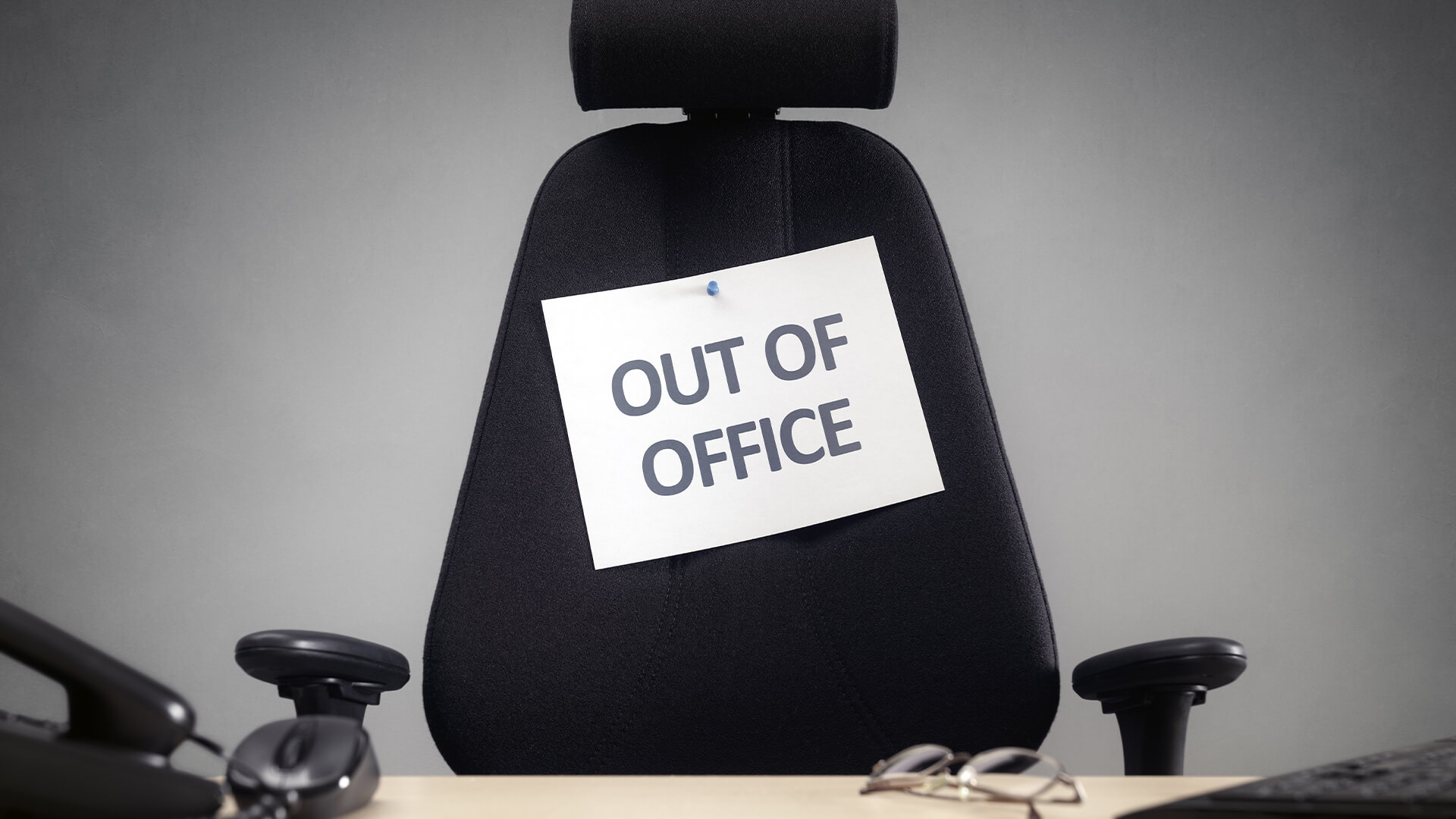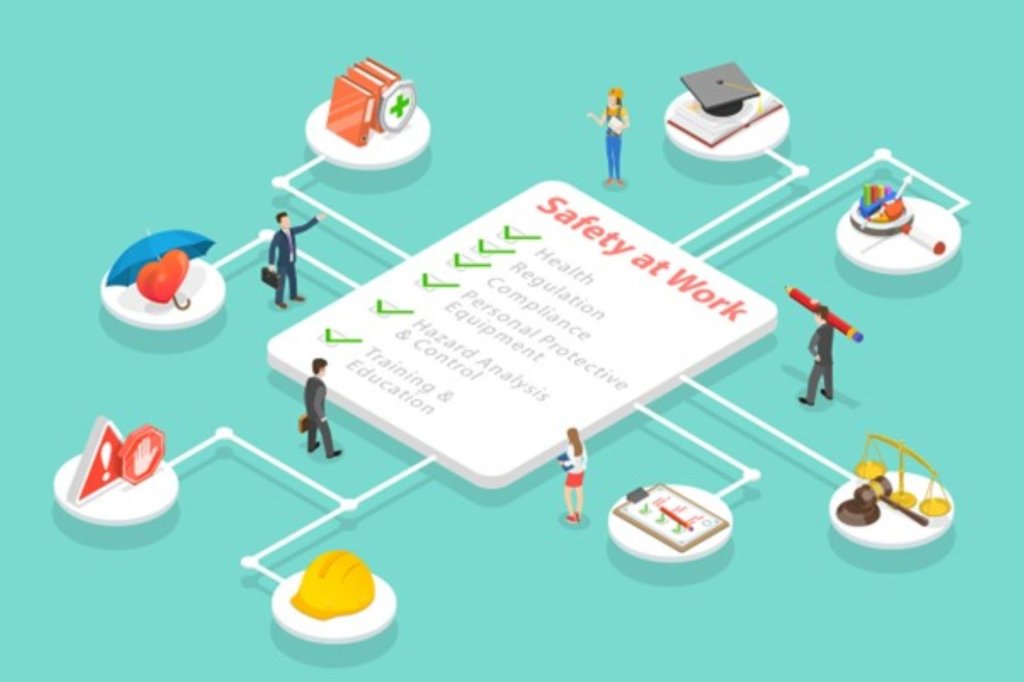
How much are companies spending on employee breaks?
Keeping a close eye on your companies’ finances is an important role – but do you know how much your employees are costing you when there taking a break? Inn Supplies, leading supplier of paper coffee cups, looks in detail at the costs:
Break regulations
Of course, your employees are entitled to certain amount of time to take as a break. If your employees work for longer than six hours in a day, they are entitled to an uninterrupted break of 20 minutes.
If you have any apprentices or younger workers who are over 16 but under 18 then they are entitled to a 30-minute break if they work longer than 4.5 hours. As an employer, you only have to offer paid rest breaks if it is stipulated within your employees’ contracts.
Workers who smoke aren’t legally entitled to cigarette breaks, and as such they should only smoke during their designated break period. However, many employers are flexible around this, recognising the impact this type of restriction could have on staff morale. As such, some employers have outlined rules around cigarette breaks in their employee contracts.
What is the reality?
Although there is set breaks outlined by the government, employee often take more breaks than this. For example, tea and toilet breaks will all take your staff away from their responsibilities — but just how much does it cost you? We break it down:
1. Snacks
It’s common to find your employees taking breaks to enjoy a few snacks. Usually, employees will cover the cost of these snacks themselves, but how much are they costing you in time while you work?
On average, a productivity dip lasts 8 minutes a day, it is the 7th most frequent workplace distraction. While your employees spend these eight minutes snacking, the cost to you is £1.76 per employee, based on the average UK salary. Over the course of a year, this amounts to £422 per employee. For a business with a headcount of 50, the total yearly cost of workplace snacking is £21,120!
While the time spent on snacks may seem insignificant, the associated cost is staggering.
2. Tea breaks
Britain is a nation of tea lovers. On average, Brits drink 165 million cups of tea and 70 million cups of coffee every single day — but how does our love of hot drinks hinder our worktime productivity?
According to research from VoucherCloud.com, making hot drinks was named as the fourth biggest workplace distraction, with 31% of 1,989 UK office workers citing it when asked what prevents them from working productively. On average, making hot drinks takes 17 minutes per day.
Over the course of a year, we’ll spend approximately 68 hours per year brewing up at work. Assuming an average wage of £25,500, employers are paying each employee £897 per year to make hot drinks! This staggering figure is made worse when you consider that those who earn higher wages will cost your business more every time they make a cuppa.
This only considers lost time though — many employers also foot the bill for the tea, coffee, milk and sugar, costing them even more over the course of the year. Of course, this cost varies by a number of factors, including location and company size.
Research by Epiphany has found that there’s a whopping 21p difference between making a brew in London (the most expensive at 69p) and brewing up in Hull (the cheapest at 48p). However, the Daily Mail reported in 2017 that the UK Tea and Infusions Association predicts between a 10% and 15% increase in the cost of tea, resulting from Brexit and increased pressure on growers.
Based on the above figures, a 10% increase in costs could push the average cost of a cup of tea in Hull to 53p and 76p in London — leading to increased expense for employers who foot the bill.
The average employee drinks four hot drinks per day at work. Based on the above costs, an employee’s hot drink habit costs employers £2.12 per day in Hull and £3.04 per day in London. Based on a headcount of 50, Hull businesses could be shelling out £106 per day on hot drink supplies alone, while the figure increases to £152 for businesses of the same size in London.
Clearly, something employees have come to expect as standard can have a huge financial impact on a business.
3. Toilet breaks
Going to the loo is natural. Most people will visit the toilet between six and seven times a day. If we assume that three of these visits occur at work, each lasting four minutes each, an employee with an annual salary of £25,500 will cost you 66p per toilet trip — or £2.64 per day. Over the course of the year, this works out at £633.60 — for just one employee!*
Of course, this figure doesn’t consider the cost of toilet roll, soap and other bathroom essentials and maintenance. Add in these items and the cost rockets even further.
4. Smoking breaks
How much impact do smokers have on your business costs? According to research for the British Heart Foundation, each full-time member of staff who smokes at work cost their employer £1,815 a year — based on four cigarette breaks per day, each lasting 10 minutes. In total, smokers are costing British businesses a huge £8.4 billion!
Considering one in five British workers smoke, a 50-strong business could have around 10 smokers — costing £18,150 in lost time annually.
However, it’s not just their cigarette breaks that you’re forking-out for; smokers also take more sick leave than non-smokers. Although it works out at just 70% of an extra day’s sick leave each year, it adds roughly another £50 per smoker per year to your expenses.




















